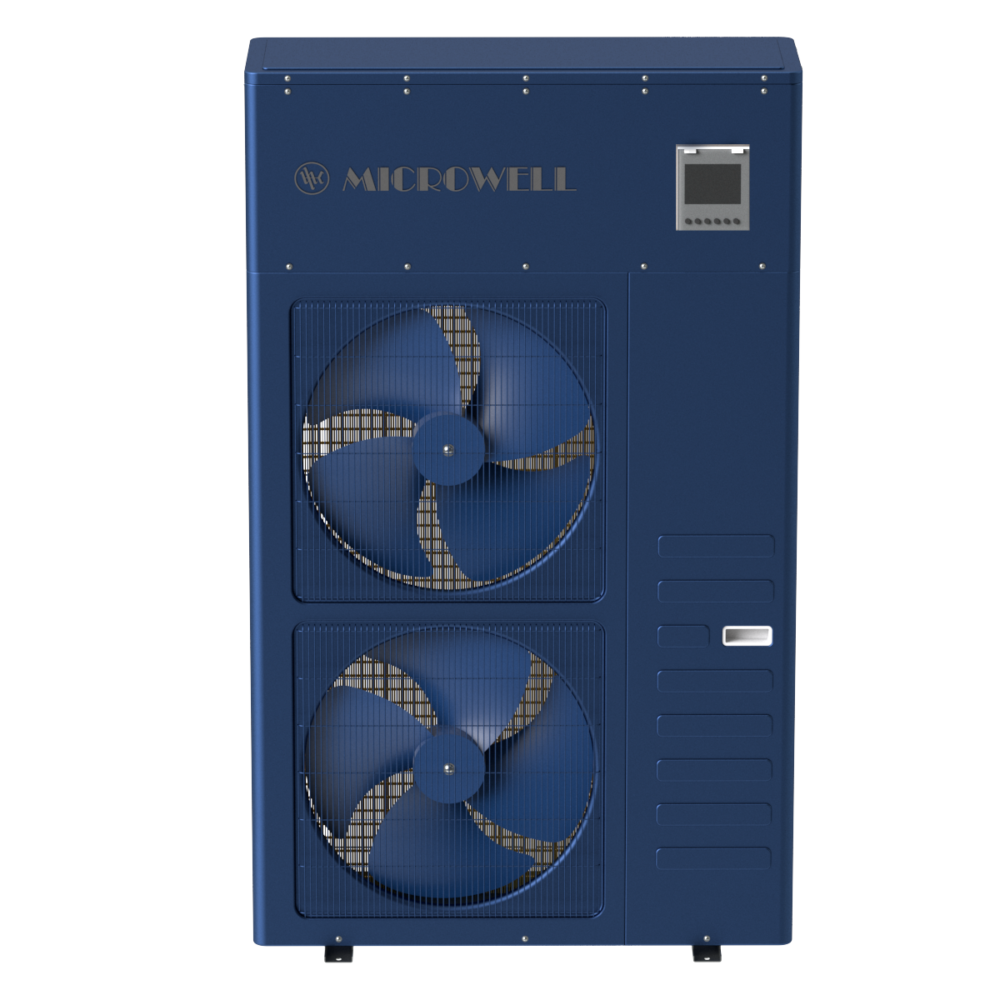

In addition, according to the CDC, "cloth mask materials can also reduce wearers' exposure to infectious droplets through filtration, including filtration of fine droplets and particles less than 10 microns." A review of studies found that transmission of SARS-CoV-2 and related coronaviruses was 82% lower with physical distancing of 1 meter (3.3 feet) or more, compared with shorter distances, and protection might increase with additional distance. (Get more details about masking guidelines for fully vaccinated individuals in our article about COVID vaccines).Īlong with social distancing, a mask provides additional protection from infecting others as well as preventing exposure. Masks are also required for all individuals, regardless of vaccination status, when required by federal, state, local, tribal or territorial laws (including local business and workplace guidance), on public transportation, and in healthcare settings. In addition, due to concerns about the spread of the Delta and Omicron variants, masks are recommended for fully vaccinated individuals when in indoor spaces with high community transmission rates, as well as for fully vaccinated individuals with compromised immune systems or who are taking immune-suppressing drugs. While vaccination to protect against COVID-19 has led to a decreased need for masking in certain situations, unvaccinated individuals are still advised to wear a mask when in public indoor settings.

How to Improve Mask Fit to Reduce Leakage.How Cloth, N95, KN95 and other Masks Compare.


N95 masks are the gold standard, but other good options exist if you do not have an N95, primarily KN95 masks and well-made, well-fitting, 3-layer cloth masks.


 0 kommentar(er)
0 kommentar(er)
